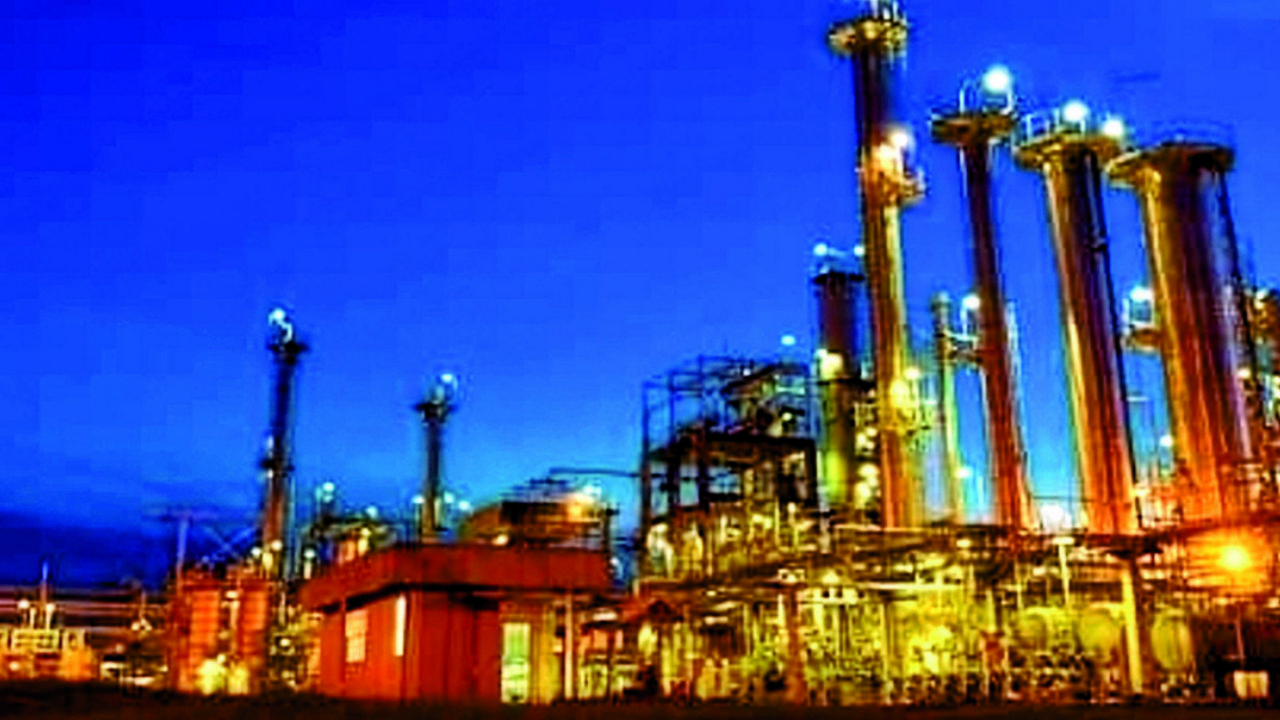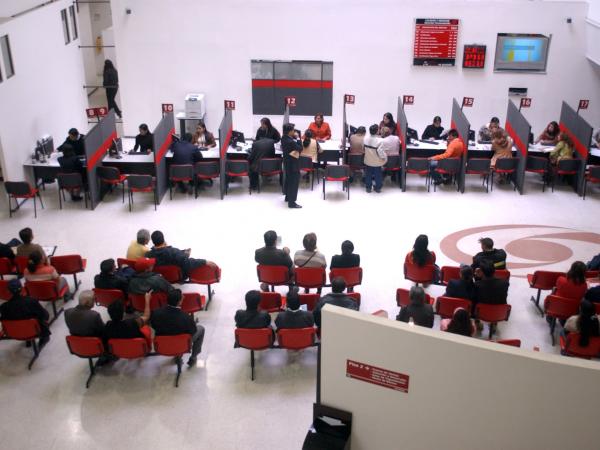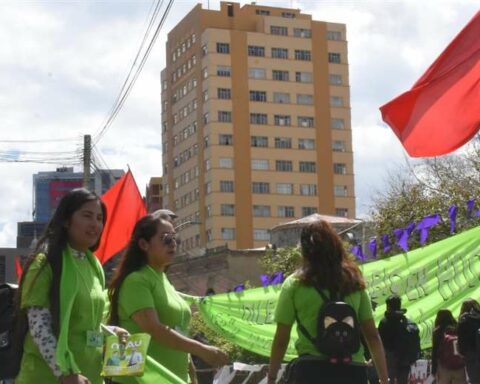Page Seven / La Paz
Lack of information on the pre-feasibility studies carried out, lack of transparency, doubts about the raw material, quantities to be processed, YPFB Refining’s inexperience, are the main doubts and observations that experts have about the biodiesel project that Yacimientos Petrolíferos Fiscales Bolivianos ( YPFB) awarded to one of its subsidiaries.
Sector analyst Susana Anaya pointed out that there is no information on economic feasibility studies, what type of raw material is going to be used, and YPFB Refinación does not have experience in this type of project. To this must be added that the figure used to reach the direct award to the subsidiary company of YPFB to face the project has been “quite forced”.
“A tender had to be carried out to evaluate the economic and technical terms and see if the company that wins is qualified to carry out the construction of a biodiesel plant or if it has experience. YPFB Refining has no experience, its staff is dedicated to the operation of only the two refineries”, he specified.
The hydrocarbons analyst of the Raúl Velásquez Jubilee Foundation said that the first aspect that draws attention is why YPFB hires its own subsidiary company whose functions do not include the construction of plants, but the refining of fuels and derivatives.
On the other hand, there are the same doubts that were already observed with the location of the Ammonia and Urea Plant.
“The project for one of the biodiesel plants will be carried out in Santa Cruz, but under what criteria was this location chosen, what study defined this place, that is one of the doubts,” he said.
The other observation is that the award of this project amounts to 387.5 million dollars, but to define this value it is unknown and the technical, pre-feasibility, economic and financial studies have not been made transparent.
“What studies were done to implement the plants and how this amount was reached, this has not been made transparent. In the end, the 387.5 million dollars that the project is said to cost is public investment, because YPFB will pay its subsidiary with public money and that investment should be justified from an economic, financial and technical perspective. The capacity, market and raw materials should also be known”, he specified.
Former Hydrocarbons Superintendent Hugo de la Fuente said that the main problem is that the plant’s production capacity is unknown enough to determine whether the projected investment is adequate or not. “The other problem is where the raw material is going to come from. Soybean production is three million tons per year and it is low, it was reached after 15 years. For example, Paraguay has 10 million tons per year and Bolivia lagged behind despite the fact that the agricultural frontier is larger”, he pointed out. The contract between YPFB and YPFB Refinación does not mention the technical characteristics that the plants will have.
De la Fuente explained that there are also other alternatives to soy in the world, such as jatropa, a tree that produces a nut with a significant level of oil and is planted in desert lands. In Bolivia, it could be planted in the Chaco region and thus avoid affecting food security.
According to the analyst, the company YPFB Refinación can manage the biodiesel plant, but the fundamental thing is to know where the raw material will be obtained. “If you want to move forward with the project, there must be an agreement with the businessmen so that they make the investments and have the security that they will receive the money for the soy,” he added. The president of YPFB, Armin Dorgathen, informed Unitel last night that the project’s pre-feasibility studies were carried out with soybean oil and the aim is to save 50% of the subsidy with one of the plants. “The plant will require 75,000 tons of soybeans. We are talking that more than 60,000 tons will be converted into biodiesel and that is mixed in a proportion of 5% to 10% with conventional diesel, that would be the proportion that would be saved in diesel imports, “said the executive.






